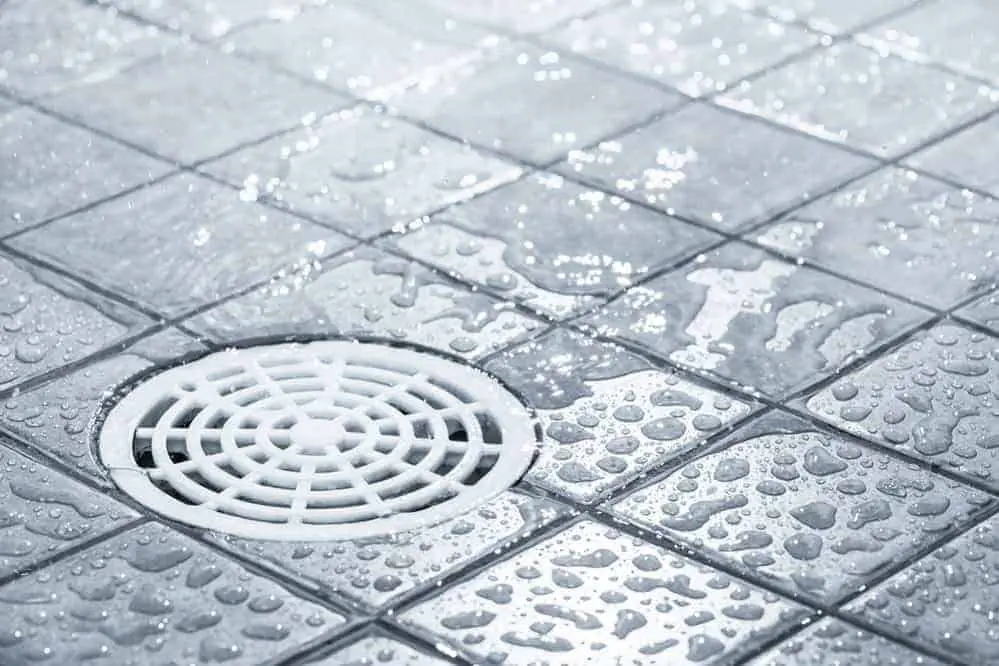Sewers and their fetid smells are the last things we ever want to be around at any time during our day. Worse still is when this unpleasant stench finds its way to our home.
If you have been home with sewer smells in the basement, you know how disconcerting it is to be around that miasma for any amount of time. Aside from the discomfort to your senses, sewer gas smell can also constitute a safety and health hazard.
Yet, there is no reason while you have to endure that musty, torturous smell while trying to finish up your basement. With a few routine maintenance checks and actions, you can have your basement back and have it smelling fresh again in no time.
However, before you proceed to attack the problem, you must confirm that you are dealing with sewer gas. Sewer gas is almost always made up mostly of methane and hydrogen sulfide, both byproducts of the decay process. While methane is odorless, hydrogen sulfide has a putrescent odor that plays a significant role in creating that distinct rotten egg smell of sewers.
Another smell that is sometimes confused with sewer smell is that of natural gas. Natural gas for home use typically contained an additive that produces a skunky odor to warn you of any leaks. Furthermore, this smell is usually a lot less faint than the typical smell. If you are unsure whether its a gas or sewer smell, you are better off still calling your gas company, as gas leaks are a potential recipe for explosions.
However, sewer smells are not any safer either, and they can constitute severe health hazards.
[toc]Is the Sewer Smell in Your Basement Dangerous?
Yes. In addition to being incredibly unpleasant, sewer smell in your home can also pose a severe health risk. In confined spaces like basements, methane can dislodge oxygen, thus creating the risk of asphyxiation for anyone with prolonged exposure.
Hydrogen sulfide is not any less dangerous. H2S is also toxic in high concentrations. Furthermore, while hydrogen sulfide is safe in small proportions, prolonged exposure to the gas can cause olfactory fatigue, which reduces our ability to smell the substance then and thus further increases the risk of overexposure, which can be potentially fatal.
Potential Causes and Fixes of a Sewer Smell in Your Basement
1. Floor Drains

The most culprit that causes foul sewer smell in your basement is a poorly functioning floor drain. Floor drains feature a u-shaped temporary reservoir called the P-trap. This P-trap creates a water barrier that blocks odor and insects from coming back up the sewer line.
However, in cases of severe underuse, the water in the P-trap can dry out, giving sewer gases and other unwanted elements free access to your home.
Fix
The quickest way to fix this problem is to pour several gallons of water down the drain to reset the P-trap and reactivate the airtight water seal.
Also, check the cleanout plug inside the drain to ensure that it is there, and it is screwed on straight. The cleanout plug is often removed during sewer line maintenance, and the plumber may forget to replace them. An absent sewer plug creates a bypass of the P-trap that sewer gas is ever ready to fill.
2. Toilets
Like with floor drains, toilets have a P-trap that works to block out odor and insects. Since the basement toilet is rarely used in most homes, it is not uncommon for the P-trap to dry out and give sewer gas an outlet to leak into the house.
Fix
A couple of flushes should reseal the P-trap and completely block out the sewer smell.
3. Ejector Pit
For homes with an overhead sewer line, your ejector pit must be kept sealed at all times and vented correctly to prevent the leaking of wastewater or sewer gas. A broken seal, lid, or vent will create an outlet for sewer gas to leak into your home.
Fix
Check your ejector pit cover seal and vent system and replace broken parts as needed.
4. Sump Pump
Sump pumps help to funnel water from your sump pit, which collects water from around your home’s foundation, to the nearest drainage ditch or storm sewer. However, if your sump pump is broken, water will begin to collect underneath the basement floor and may start to seep into the basements via cracks in the construction. Over time, this can lead to a persistent sewer smell in the basement.
Fix
Contract the services of a professional plumber to replace the sump pump.
5. Sewer Line
One of the quickest ways to get sewer smell in your basement is to have a broken sewer line or breakage anywhere in your home’s sewer system. Such leaks will release sewer water into the group, which will eventually find its way to your sump pit.
Fix
Inspect your sewer system, walls, ceilings, and floor for leaks and cracks. For proper tracking of pipe leaks, you will most likely need the services of a professional.
6. Water Heater
Another common cause of sewer smell in your basement is a leaky or otherwise faulty water heater. A leaky heater can cause moisture build up in your basement with can lead to the acceleration of decay, in turn creating that dreaded sewer smell.
Fix
Once you have a leaky water heater, the chances are that it is time for a new unit. You could also get a professional to check it to be sure.
7. Outdoor Drainage
Poor or leaky drainage around your home can allow bad water to seep into your basement over time. In addition to structural problems, this seepage can cause mold and sewer smell after extended periods.
Fix
Keep your downspouts and roof gutters clean and in tip-top condition. Furthermore, keep your eyes open for poor drainage in the neighbor and report any findings to the relevant authorities.
